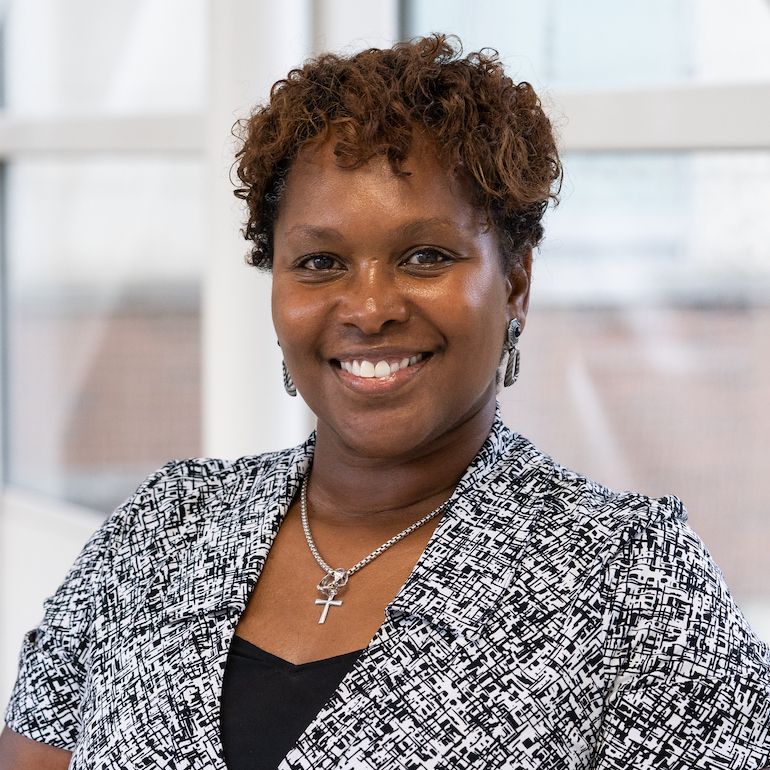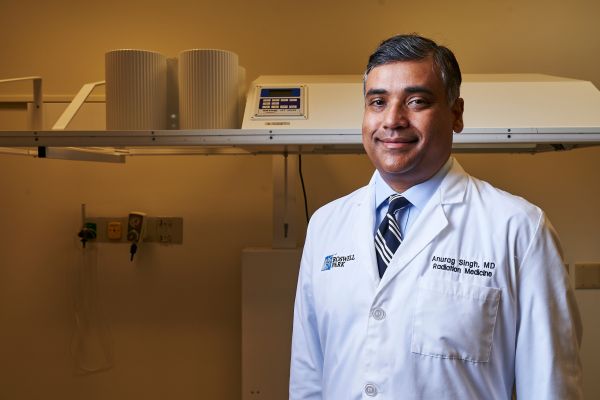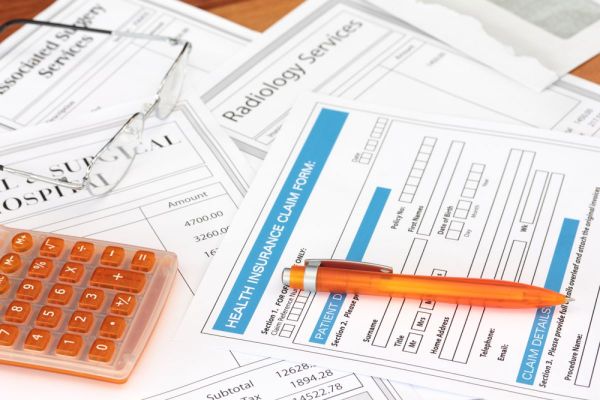Many people address, or intend to address, their physical health when setting New Year’s Resolutions, as they’d like to adopt better habits to improve their life. But have you considered setting financial resolutions?
Tameka Brooks is a Community Outreach Manager and Financial Empowerment Coach at Roswell Park Comprehensive Cancer Center, collaborating with patients, employees and the public to better understand their relationship with money.
When it comes to serious illnesses, from COVID-19 to cancer, the term “financial toxicity” is often used: it refers to “the stress that one would endure at the onset of or diagnosis of an illness,” Brooks says. “It’s addressing the cost of care with your provider or insurer and understanding the full impact of your out-of-pocket cost. Do you have short-term disability? Long-term disability? Do you qualify under the Family Medical Leave Act? Do you know whether it will be a two-month span without income or longer? What do you have in place that will help you financially survive that time? Financial toxicity is the financial stress a person endures upon diagnosis.”
It doesn’t have to be cancer to be a life-interrupting illness that takes away the ability to work. It could be the responsibility of caring for a loved one who has a serious illness and cannot care for themselves. Unfortunately, these are hard conversations to have and they can bring up feelings of stress, shame, insecurity and helplessness, combined with feeling overwhelmed at the prospect of such uncertainty. For people who grew up in households where money wasn’t discussed, it can also be a mysterious concept that people aren’t prepared for and don’t know how to talk about because they’ve never had or heard those kinds of conversations.
“You have to start to have these conversations,” Brooks says. “People don’t want to talk about it. When I came to Roswell Park, I met these two young ladies and when I told them about my job, their response was ‘Oh, I’m healthy, I don’t have to worry about it.’ The day before a diagnosis, our patients thought they were healthy too. It’s so important to open up and converse about how do I survive, how do I plan out my finances. I’ve been there, I’ve been up and down. When you’re struggling and living paycheck to paycheck, every day you wake up and that’s your concern. And to be honest, that brings on illness.” Feelings of stress can have a negative effect on overall health, contributing to increased blood pressure, poor eating and nutrition habits, a lack of exercise, increased levels of stress hormones, lack of sleep and other issues that can wear down the immune system and bring on illnesses.
Brooks has a flyer she brings to community meetings alongside Roswell Park’s Community Outreach & Education team, providing financial wellness information right next to information on the importance of early detection and regular screenings for cancer. The flyer has images of various “buckets” that people should consider when thinking about their financial well-being: paying rent or a mortgage; saving for retirement or future needs; paying for education; building and managing credit; saving for a home, vehicle or other big purchase, and protecting what’s important.
Never miss another Cancer Talk blog!
Sign up to receive our weekly Cancer Talk e-newsletter.
Sign up!When people start to think about, and take action to improve, their financial wellness, it’s very empowering, Brooks says. It gives people a better sense of control over their lives and their future and gives them a sense of direction. Setting goals, even small or short-term ones, helps build on those feelings. But they need to start somewhere.
“There are people who feel they don’t have the money to take care of things. We waste money, all of us, no matter what,” she says. “Sometimes you have to say no, I cannot go out to dinner, I have this other goal. You can start by throwing money into the right bucket so that you can overcome whatever the challenge is right now.”
This service is FREE and available to anyone including Roswell Park employees, patients, family members and community members. For more information, please contact Tameka Brooks at Tameka.Brooks@RoswellPark.org or 716-845-1300 ext. 1920.




